Latest articles
30.08.2022
IDT Conference “mit.sprache.teil.haben” (Vienna, Austria, 15-20 August 2022): ECML contributions
From 15-20 August 2022, 2 800 participants from 110 countries met at the University of Vienna for the conference entitled “mit.sprache.teil.haben”. The host associations ÖDaF (Austrian Association for German as a Foreign and Second Language) and IDV (International Association of Teachers of German), in close cooperation with the Goethe-Institut, offered a rich programme to stimulate discussion on both academic and practical aspects of teaching and learning German.
In her video greeting at the opening of the IDT, the ECML director Sarah Breslin responded to the conference motto on the role of languages for active participation in society – (mit.sprache.teil.haben) – by emphasising the vital role of plurilingualism and intercultural competences for a democratic culture in Europe.
The initiatives and resources offered by the ECML to teachers and other language professionals were presented at a well-attended ECML information stand. On the opening day itself, two members of the ECML Governing Board were welcomed there: Claudia Petiti from Switzerland and Steinar Nybøle from Norway.
Two ECML events were offered as part of the conference programme: a presentation of an ECML project: “CLIL in German: Transitions between educational levels” offered by Petra Daryai-Hansen, Beate Lindemann and Aina Būdvytytė (see the report of this team below), and a workshop on the ECML resource “A roadmap for schools to support the language(s) of schooling”. Participants highlighted the practical relevance and innovative potential of the presented ECML approaches for innovative language education in their feedback.
The ECML was also present at a book presentation organised by the Vienna Chamber of Labour. The new publication “Fokus Mehrsprachigkeit. 14 Thesen zu Sprache und Sprachenpolitik. Beiträge aus Österreich und Europa” (Focus Multilingualism. 14 theses on language and language policy. Contributions from Austria and Europe) exemplifies how multilingualism can strengthen the sustainability of a society. It includes an article by Susanna Slivensky (ECML) entitled “Mobilität und Sprachenlernen für Demokratie in Europa. Perspektiven des Europäischen Fremdsprachenzentrums des Europarates” (Mobility and Language Learning for Democracy in Europe. Perspectives of the European Centre for Foreign Languages of the Council of Europe). This is complemented by a contribution from the perspective of the European Commission/Kristina Cunningham and Claudia Kropf: “Vom Binnenmarkt zum Europäischen Bildungsraum: Mehrsprachigkeit und Mobilität als Motor für Integration, Wachstum und Beschäftigung in der Europäischen Union” (From the Single Market to the European Education Area: Multilingualism and Mobility as an Engine for Integration, Growth and Employment in the European Union).
Further encouraging language policy priorities were set at the IDT closing event, with a plenary lecture by Hans-Jürgen Krumm on the topic of “Sprachengerechtigkeit” (language justice) and the “Wiener Thesen zur Sprachenpolitik – 11+1 Forderungen zur Stärkung gesellschaftlicher Teilhabe” (Vienna Theses on Language Policy – 11+1 Demands for Strengthening Social Participation). Set against the backdrop of the new recommendation of the Council of Europe's Committee of Ministers on the importance of plurilingual and intercultural education, these are welcome synergies to strengthen innovation in language education.
“CLIL in languages other than English – Successful transitions between educational stages”: report of the ECML team
The ECML project “CLIL in languages other than English – Successful transitions between educational stages” was presented at the IDT in Vienna on Thursday, 18 August 2022. First, main results of a comprehensive questionnaire survey, which was answered by 38 experts from 29 countries, were put forward. The results show that CLIL is only found to a very limited extent in languages other than English in the European countries. Furthermore, CLIL is almost never linked to plurilingual education and transitions between levels of education are given very little attention. Then, some key results from two of the eight working groups of the project were presented. On the one hand, an example from the working group for curricula: the renewed Lithuanian curriculum for DaF, taking transitions between educational levels in CLILiG into account. On the other hand, some main points of the working group for teacher education were presented, pointing out that a further development of CLILiG initiatives in teacher education is necessary, that CLIL LOTE should be integrated into teacher education for all school subjects and that an intensive collaboration between teachers and teacher students for non-language and language subjects at different educational levels is necessary.
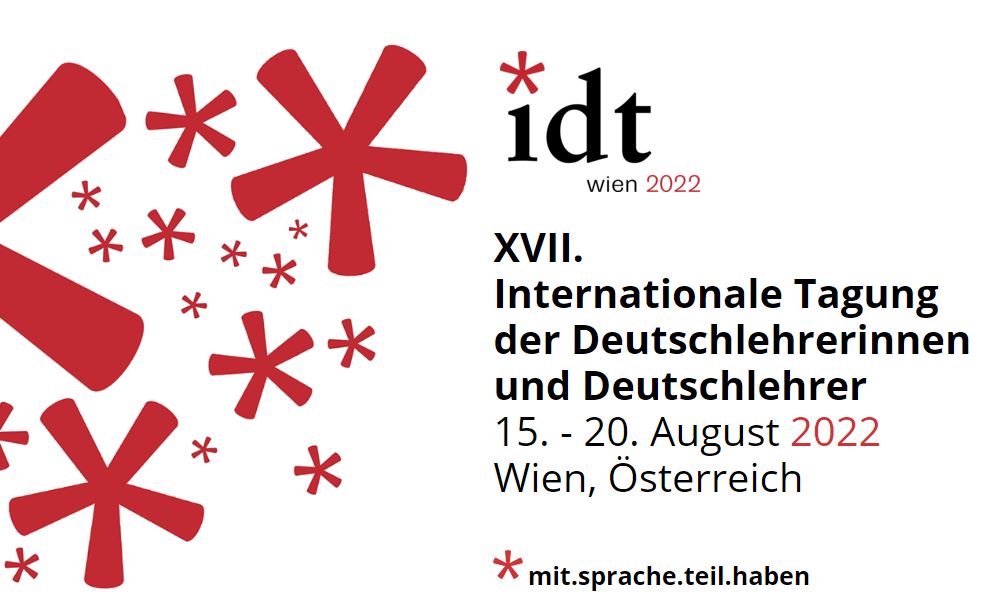
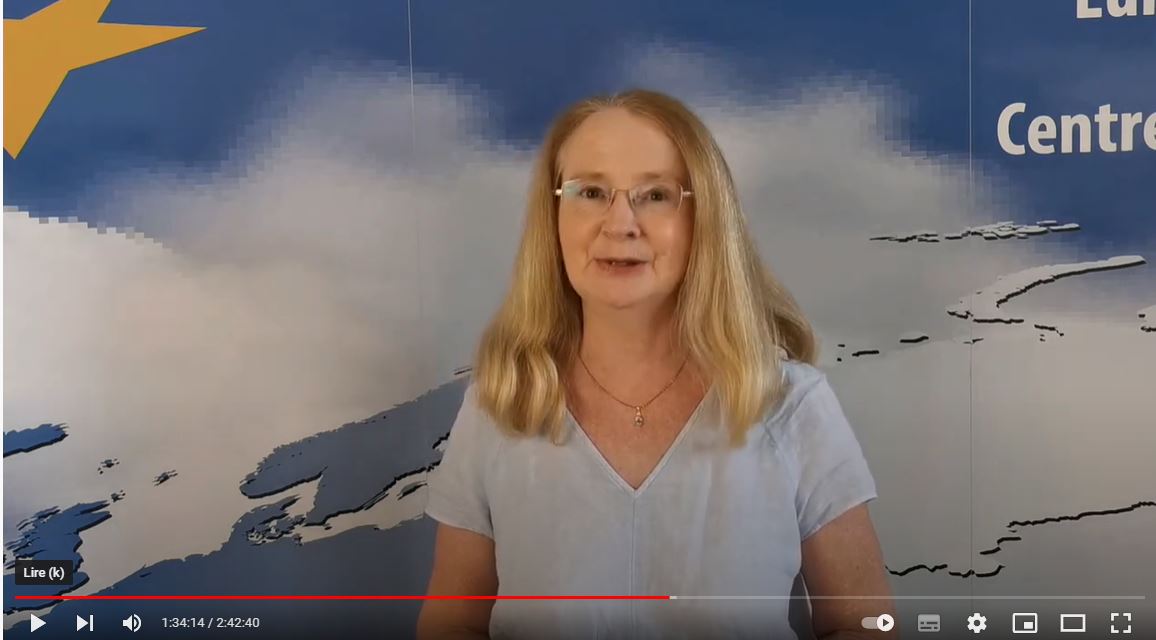
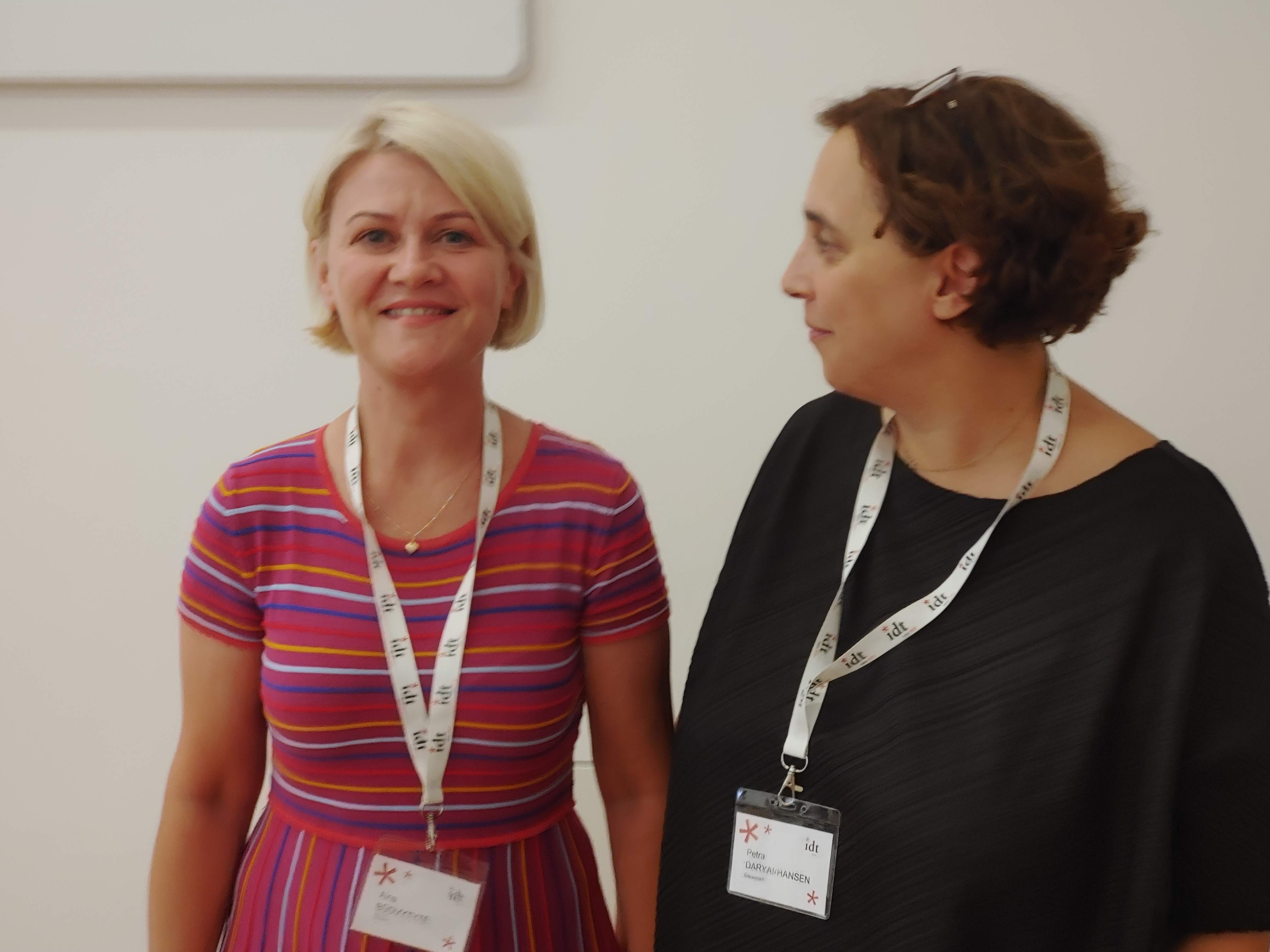
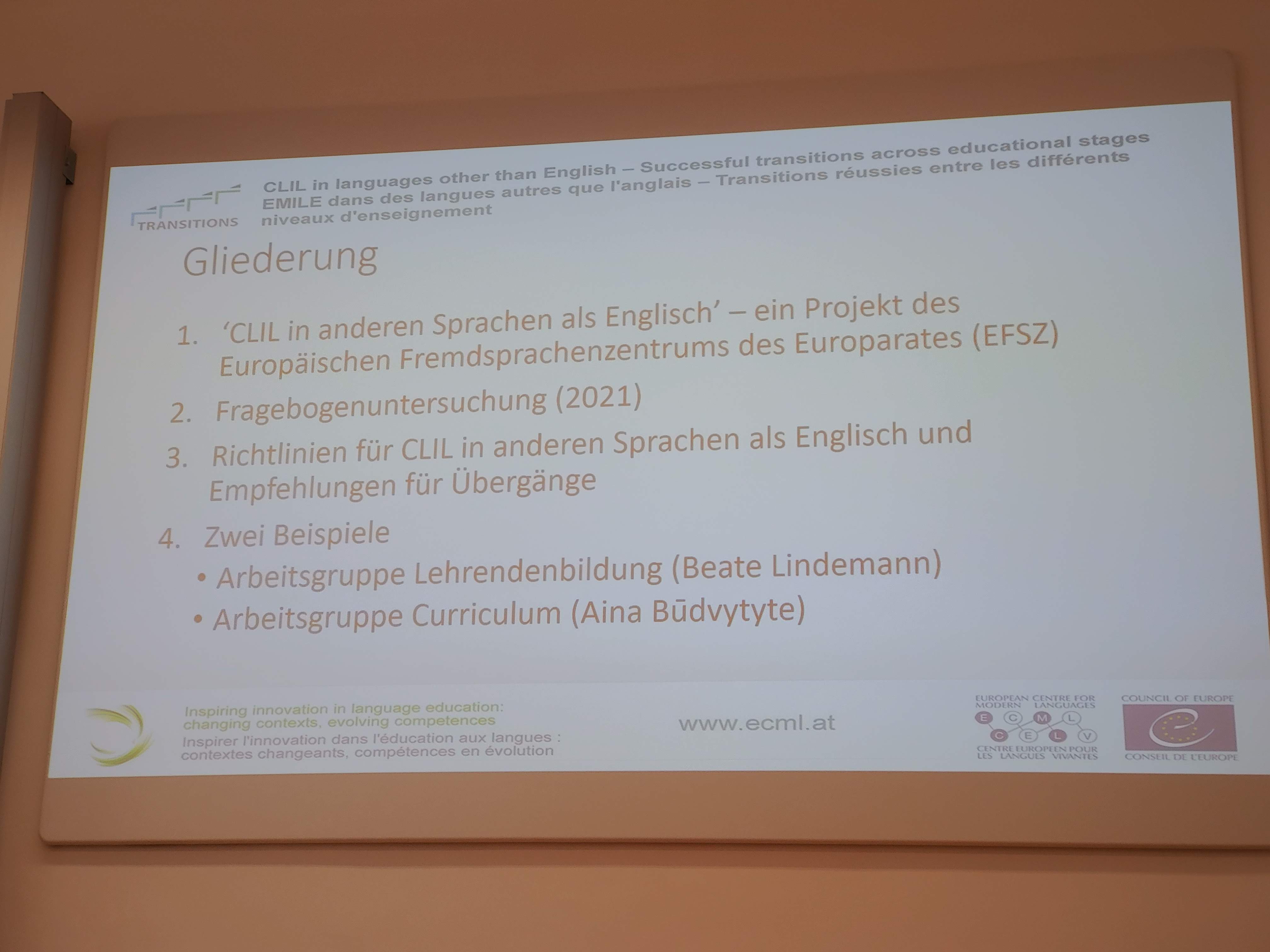
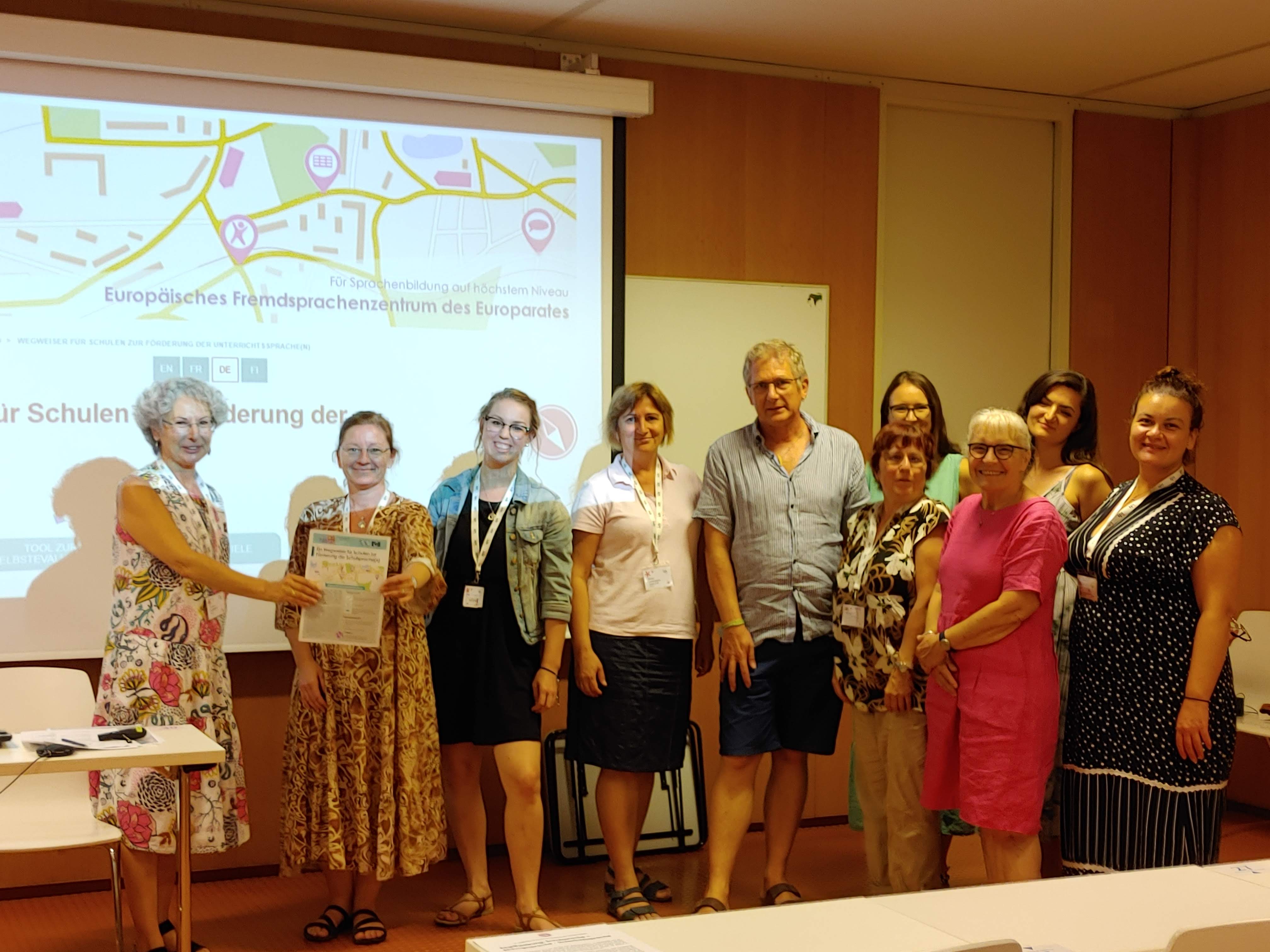
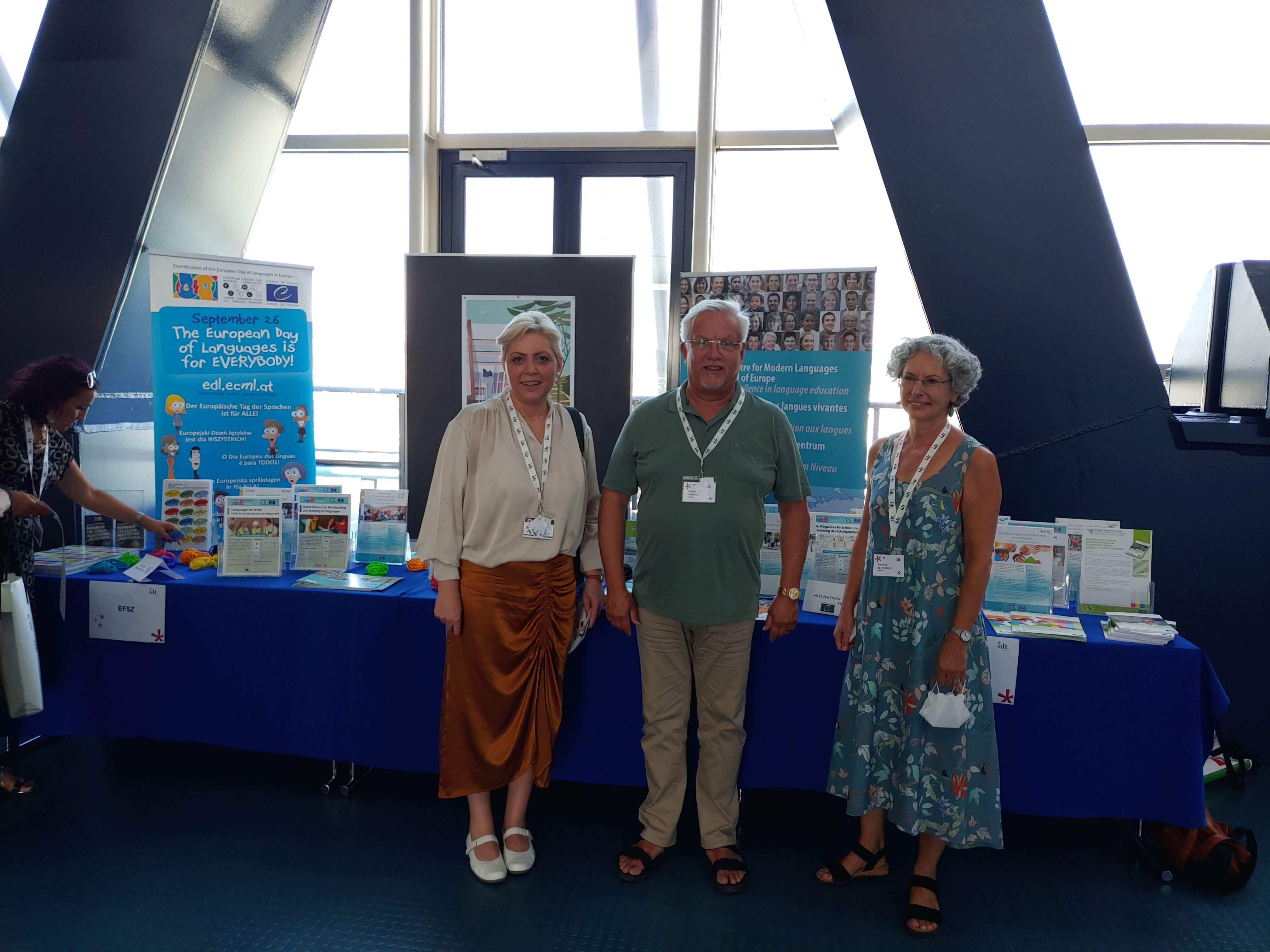
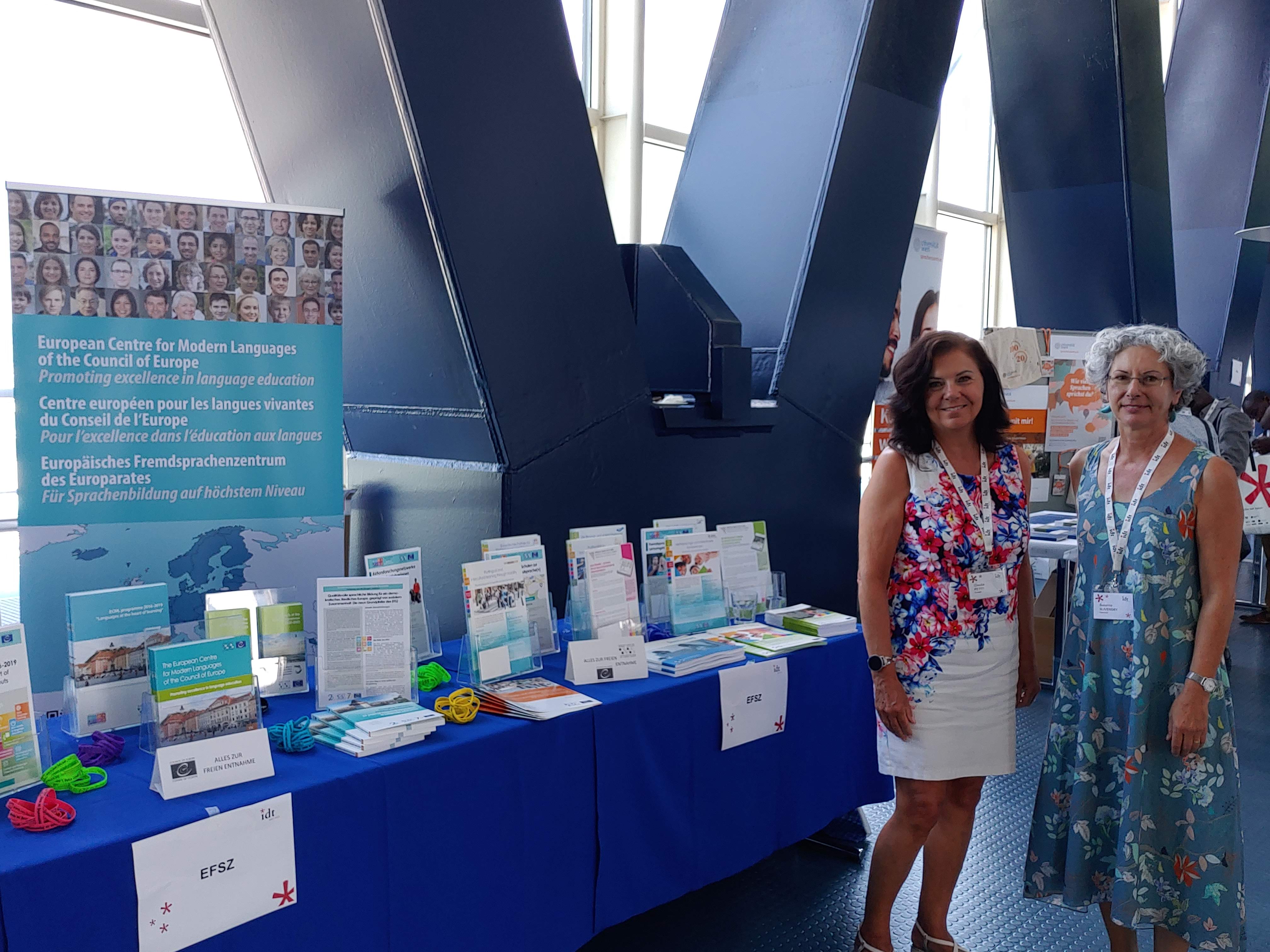
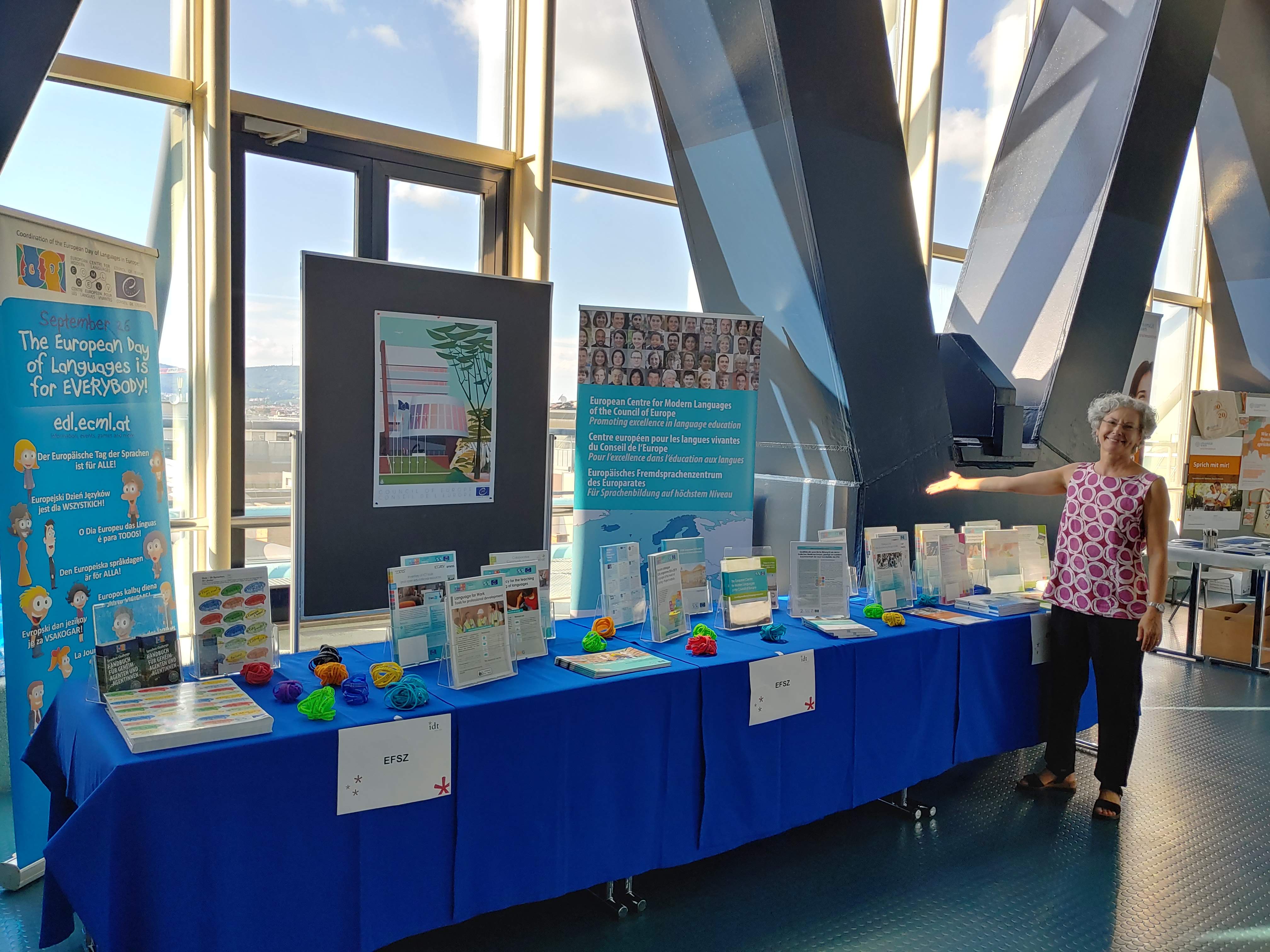
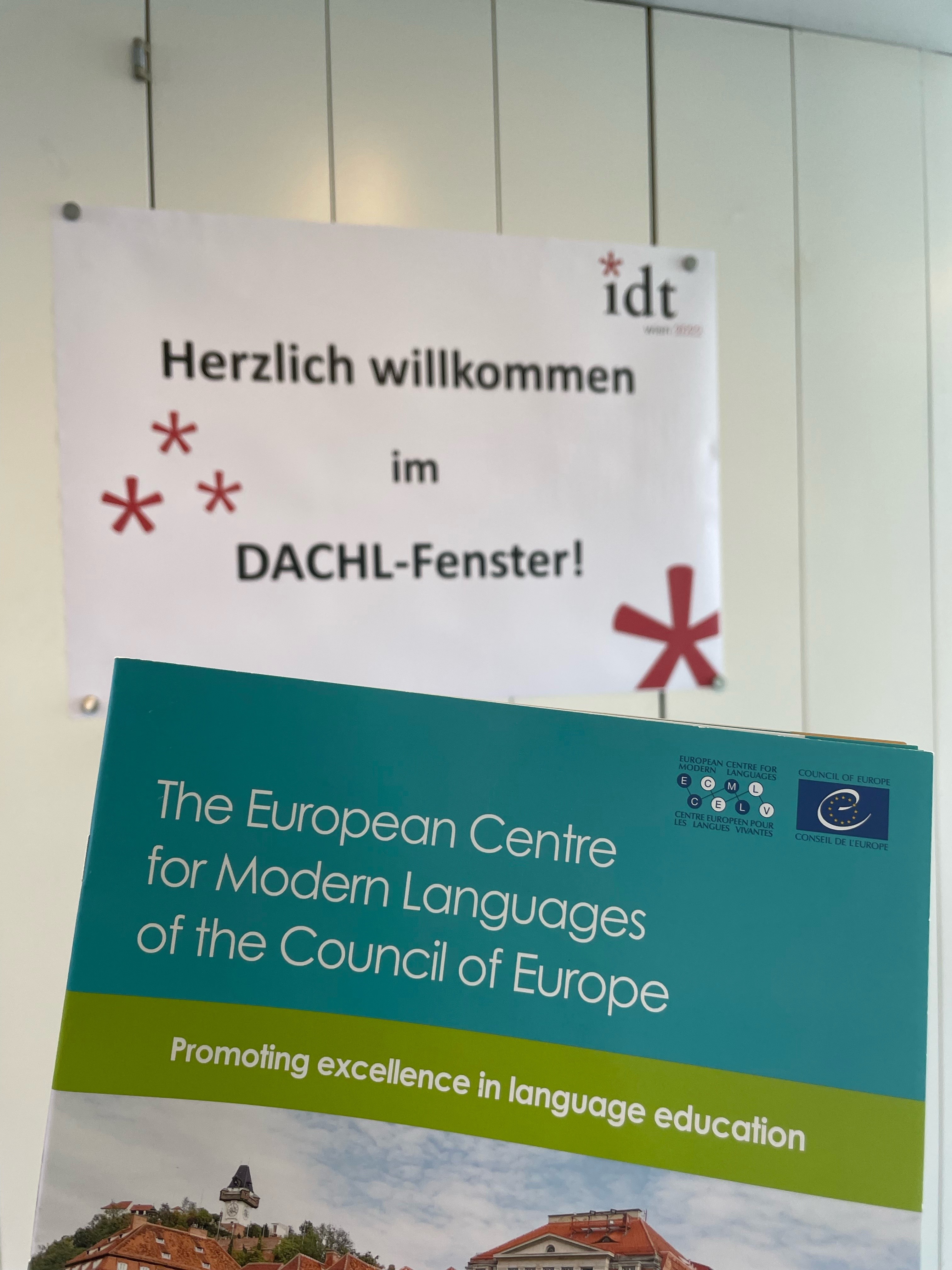

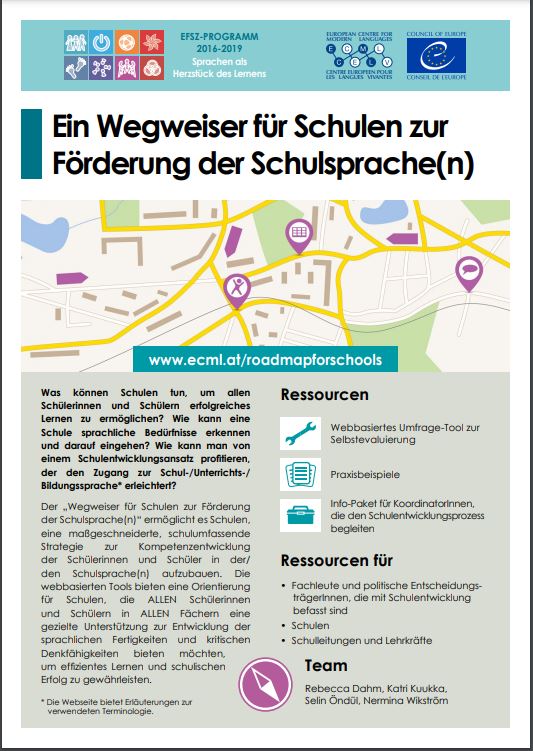
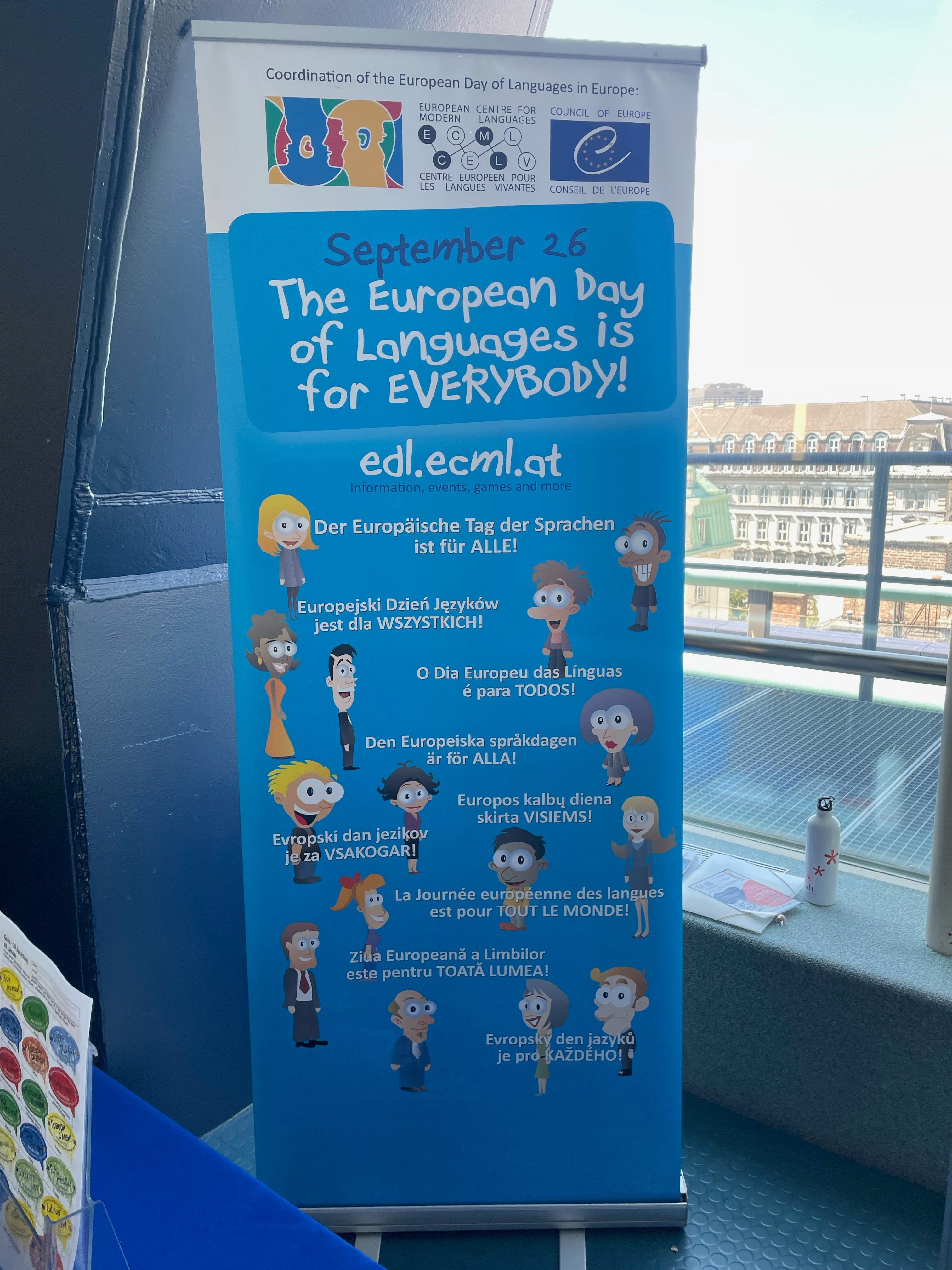
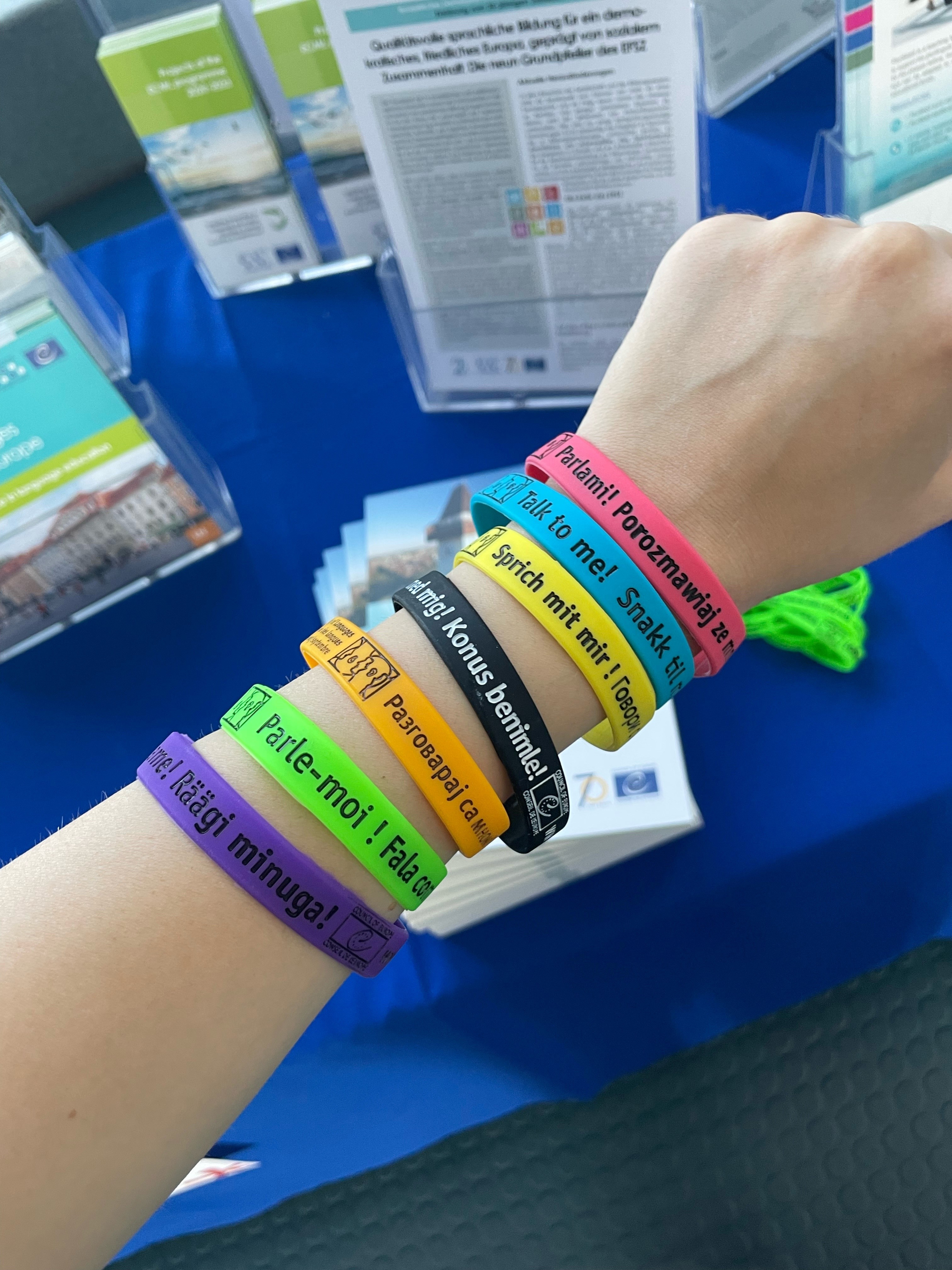
10.03.2022
Adaptation of ECML resources: Ireland launches an Intercultural Look at our Schools Toolkit
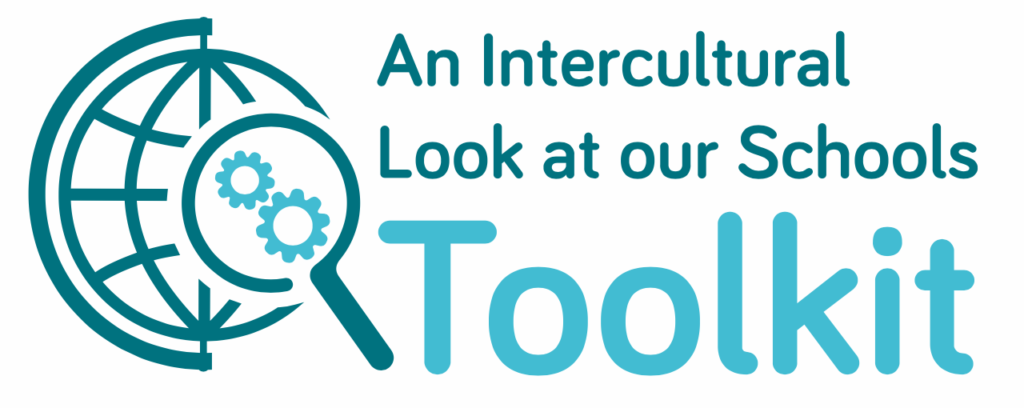
An Intercultural Look at our Schools Toolkit is an online toolkit for self-evaluation and support for intercultural and linguistic diversity in schools wishing to address inclusion. It was developed in Ireland as a localised version of the self assessment tools established by the ECML project “A Roadmap to support the languages of schooling” (which is available in English, French, German and Finnish).
Set up at the initiative of the Post-Primary Languages Ireland (PPLI) in collaboration with Dublin-Dun Laoghaire Education and Training Board (DDLETB) the Irish toolkit aims to:
- raise awareness of the role students’ plurilingual and pluricultural identities and competences play in their learning in a school setting;
- support teachers and school management in facilitating and promoting students’ access to the curriculum;
- encourage schools to cast an intercultural look at aspects of school life beyond the classroom to ensure that all languages and cultures of the school community are included and valued.
The toolkit advocates for a whole-school approach to improvement. It surveys and includes the voices of all members of the school community.
Find out more at : https://ilaos.ppli.ie/
Watch video
21.10.2021
Webinar “Roadmap for supporting the language(s) of schooling”
Webinar “Roadmap for supporting the language(s) of schooling”
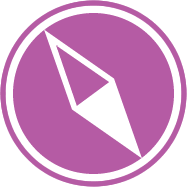
We know that language lies at the heart of all learning; we know that highly developed competences in the language of schooling are key to learner achievement. But do we understand the importance of adopting a whole-school approach for identifying and addressing learners’ linguistic needs?
If you would like to find out about the benefits of a whole-school approach when it comes to the language of schooling, as well as tips on how to engage all stakeholders in your school community, then this webinar is for you.
Roadmap is a web-based, user-friendly resource for creating a strategic whole-school development plan which will foster inclusion by raising awareness of all languages present in the school community and provide concrete guidance on how to advance learners’ competences in the language(s) of schooling.
It offers an interactive self-assessment tool, practical materials and a large database of promising practices and can be adapted to specific national contexts. One such adaptation has already taken place in
Ireland- why and how this was done will be presented at the webinar.
The webinar is intended for all those working in language education and on language-related themes within school development - teachers, teacher educators, school leaders and administrators.
Webinar in English: https://www.youtube.com/watch?v=FGqMab9rdMM
Recording from 21 October 202126.04.2021
“A roadmap for schools to support the language(s) of schooling”: new resource website for creating language-aware schools

The European Centre for Modern Languages (ECML) of the Council of Europe is pleased to announce the completion in English, French and German of its resource website “A roadmap for schools to support the language(s) of schooling” (www.ecml.at/roadmapforschools), an output of the ECML programme “Languages at the heart of learning” (2016-2019).
This website enables schools to focus on systematic quality improvement by setting up a tailor-made whole-school strategy to advance learners’ competences in the language(s) of schooling.
The Covid crisis has exposed the vulnerability of learners who struggle with the language of schooling and the academic language specific to different subjects. These practical resources will help schools create more inclusive, more supportive and more language-aware learning environments which are essential to quality education and key to educational success.
The ROADMAP offers three elements to assist schools in setting up their self-constructed strategy plan:
- A self-assessment tool – enabling different stakeholders (headteachers, teachers, non-teaching staff, students and parents) to gauge where their school stands in relation to a number of evaluative statements. The tool can generate an automated report so that the results can be easily broadcast and discussions initiated.
- A promising practices database containing promising practices from different countries that can inspire the school to work specifically on one of the areas they decide to improve.
- A coordinator`s package which contains a set of different documents to support the schools when implementing the Roadmap (i.e. a step-by-step guide, a model letter to the parents, the PowerPoint for the presentation to stakeholders, etc).

25.10.2019
“Roadmap for schools to support the language(s) of schooling”: a useful tool for setting up a whole-school approach soon available!
The expert meeting of 2 and 3 October 2019 enabled the team to have a thorough final validation of the self-assessment tool, the many promising practices, the key documents and the website. We managed to have a complete vision of the way the project “ROADMAP” turned into a useful tool enabling stakeholders to set up a whole-school approach based upon a self-assessment survey, a promising practices database as well as a coordinators’ package facilitating the implementation of the project, from A to Z.
The dialogue and collaboration within the team were extremely fruitful, and we were happy to be able to check everything with the help of the ECML representatives. We managed to go through all crucial elements on our agenda, we agreed upon the last tasks to be done prior to launching the website and even found the time to celebrate our successful last LoS expert meeting!
The project team: Rebecca Dahm (France, coordinator), Katri Kuukka (Finland),
Selin Öndül Talegon (Switzerland), Nermina Wikström (Sweden)
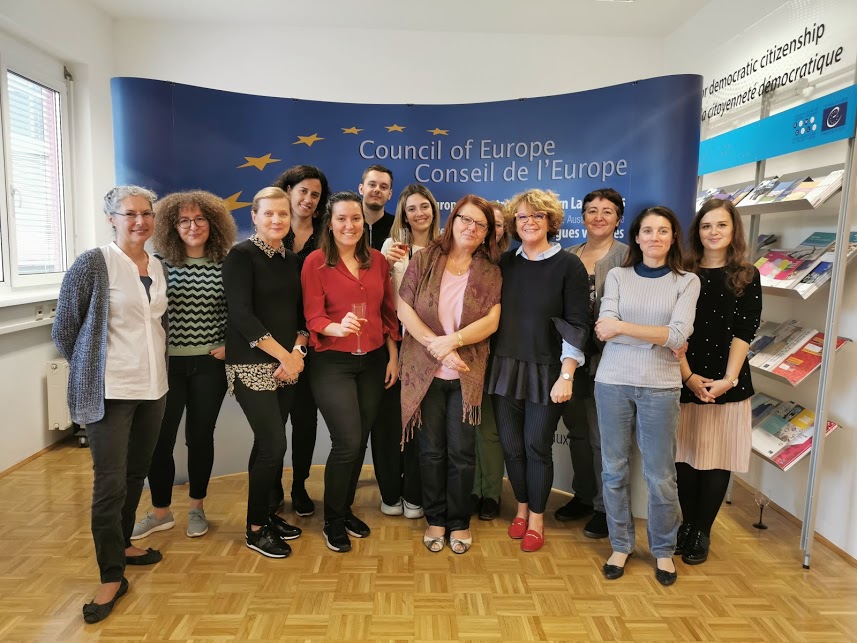
22.05.2019
A roadmap for schools to support the language(s) of schooling - nearly getting there!
Authors: Rebecca Dahm (France, project coordinator), Katri Kuukka (Finland), Selin Öndül Talegon (Switzerland), Nermina Wikström (Sweden)
The project "A roadmap for schools to support the language(s) of schooling" is supported by the European Centre for Modern Languages (ECML, Council of Europe) and developed by a team of four experts. The Roadmap is aimed at primary and secondary schools that wish to help all their students to better succeed. However, the focus is primarily on the students who depend on the school to develop the language of schooling, i.e. the language usually used to teach the different school subjects. The lack or limited access to this language in a family context, for whatever reasons (the socio-economic context, newly arrived children, a family context of sign language, etc.), does not allow these students to access knowledge on the same basis as others.
During the year 2018, the project team developed an online self-assessment tool which is the first step of the Roadmap, in collaboration with a large number of experts. The year 2019 will see the finalization of the Roadmap with the setting up of a database of promising practices, gathered from the ECML projects and from the teacher practice from different countries in Europe. The schools using the Roadmap will thus receive a complete feedback on their strengths and levers of progress, including examples of promising practices so as to guide them further on the virtuous walk they’ve undertaken.
Essential definitions
The key concepts related to the Roadmap are the following: languages/s of schooling, linguistic dimension, academic language, and vulnerable students.
Language/s of schooling is the language used for the teaching the various school subjects as well as for the functioning of schools (Rec(2014)5, Committee of Ministers, Council of Europe, 2014). Beacco et al. (2016) also stress the need for ALL teachers to be aware of the linguistic dimension of their subject(s). Indeed, the goal of any subject is to help students acquire knowledge, but this cannot be done without helping them to grasp the meaning.
The language used in the teaching of school subjects is therefore an instrument that serves both to conceptualize the content and to express oneself in a rational and "academic" style according to the conventions and registers specific to each subject (Vollmer, 2006). The concept academic language is used to refer to the type of language needed to participate, understand and communicate successfully in cognitive demanding activities, adapted to age and context (Himmele & Himmele, 2009).
Finally, the concept of Vulnerable students is also central to our Roadmap: like Fleming (2009) specifies, it refers to all students who depend on the school to understand and learn the broad spectrum of cultural codes integrated into the formal use of language.
A digital roadmap for schools
We have built on these concepts to set up a "roadmap" which is a digital survey tool that supports schools in their reflection and in the implementation of a strategic plan that they themselves have determined. To achieve this, all the stakeholders in the school, head teachers, teachers, non-teaching staff, students and parents, are invited to complete, on an individual basis, a self-assessment tool adapted for each stakeholder, also acknowledging importance of the wider community.
Each stakeholder can determine his role which will lead him to a specific survey, adapted to his profile. The entry page of the survey looks as following:
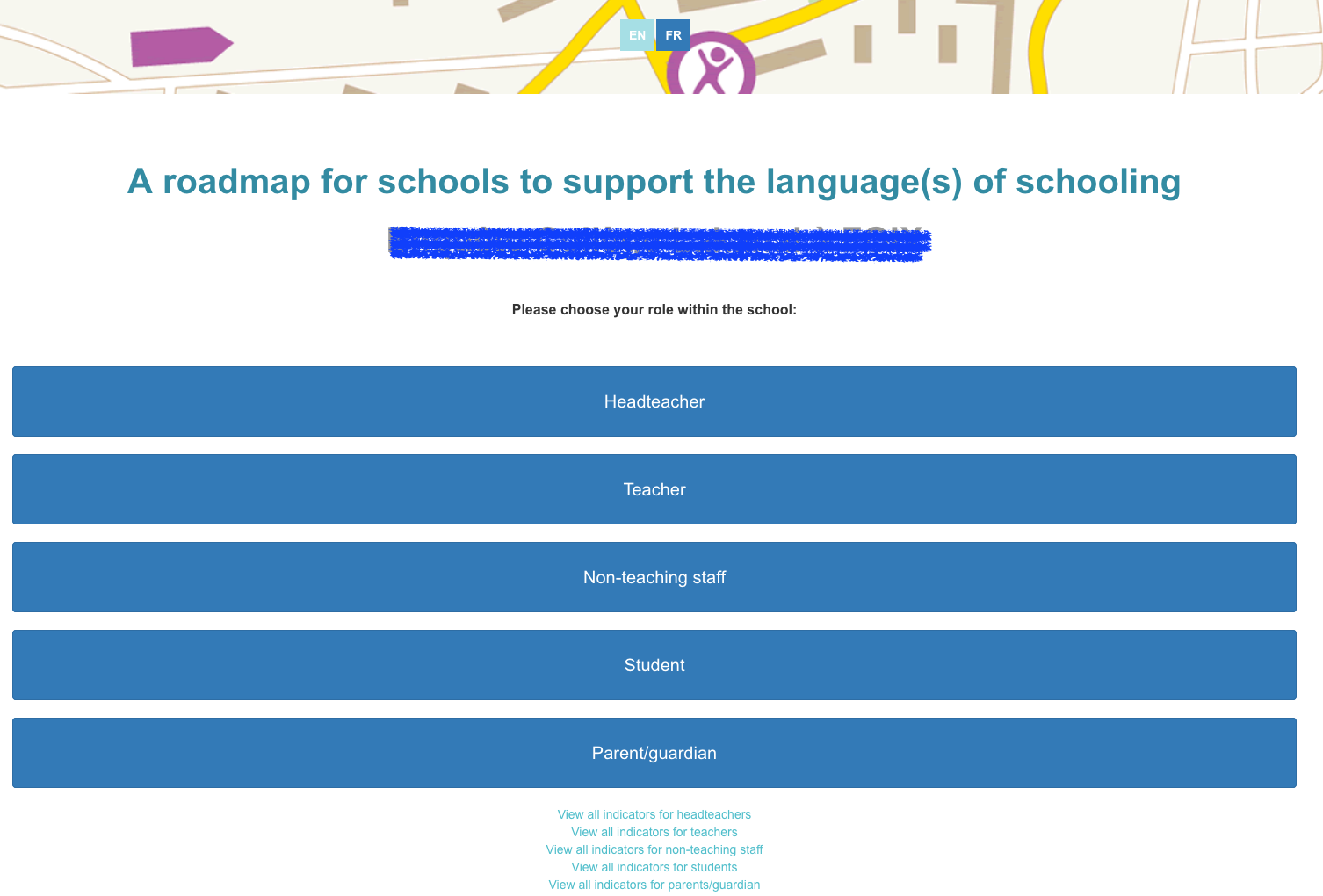
Screenshot 1: Entry into the survey for each of the stakeholders
Each stakeholder is led to reflect on nine thematic areas (divided into a number of statements). These areas invite the respondents to evaluate the way in which the school takes into account the linguistic dimension of the subjects, knows and uses the resources available and welcomes students and families in their diversity. For each sentence, the stakeholder chooses to position the school on a scale from 1 to 4 (or from red to green, with the possibility to neutralize the question), as can be seen below.
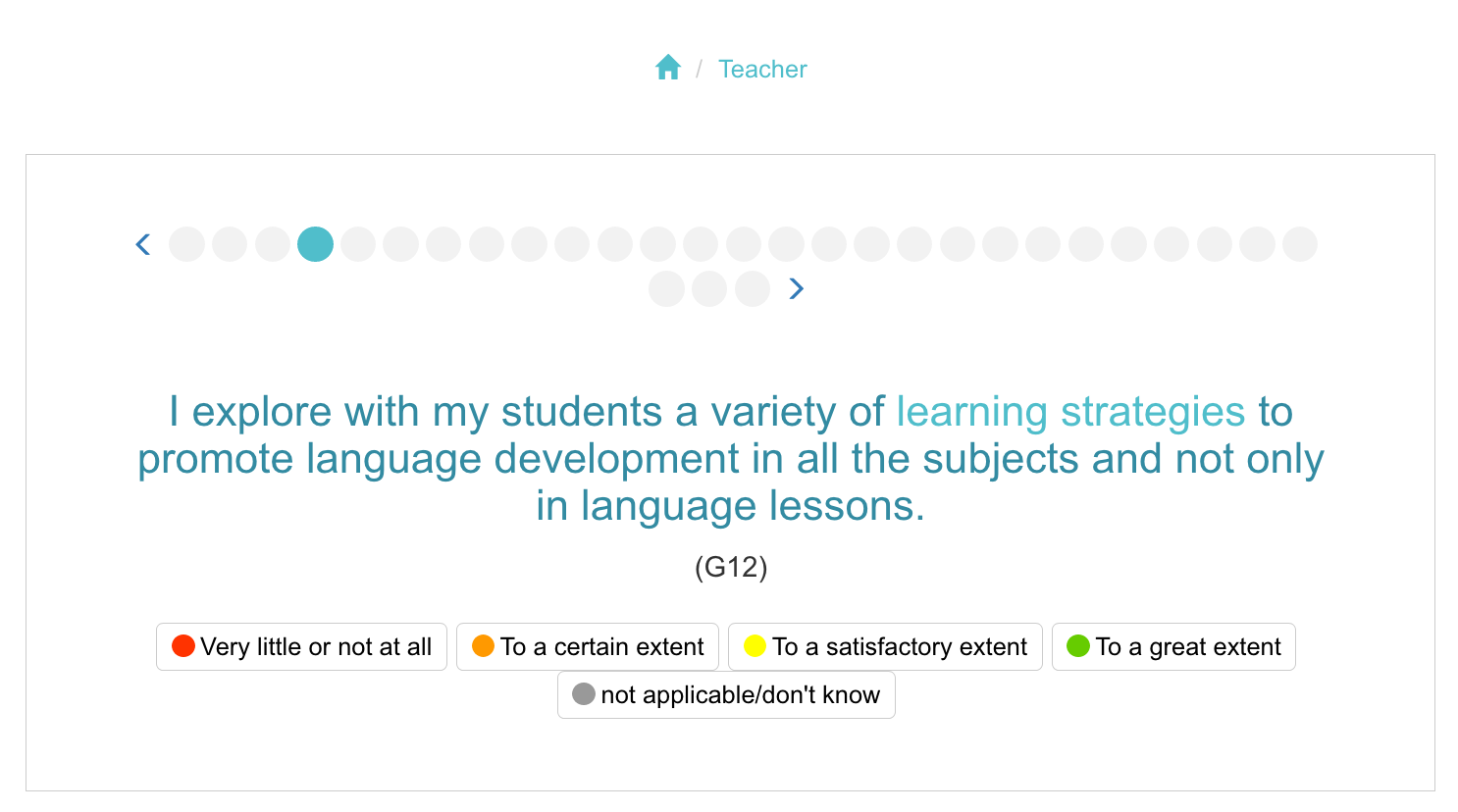
Screenshot 2: Simulated answer to one of the questions asked to a teacher
Once the stakeholder has completed the survey, it would be possible to print the results showing the individual responses, which would allow for a global view concerning the insights related to the thematic areas identified below (simulation of results).
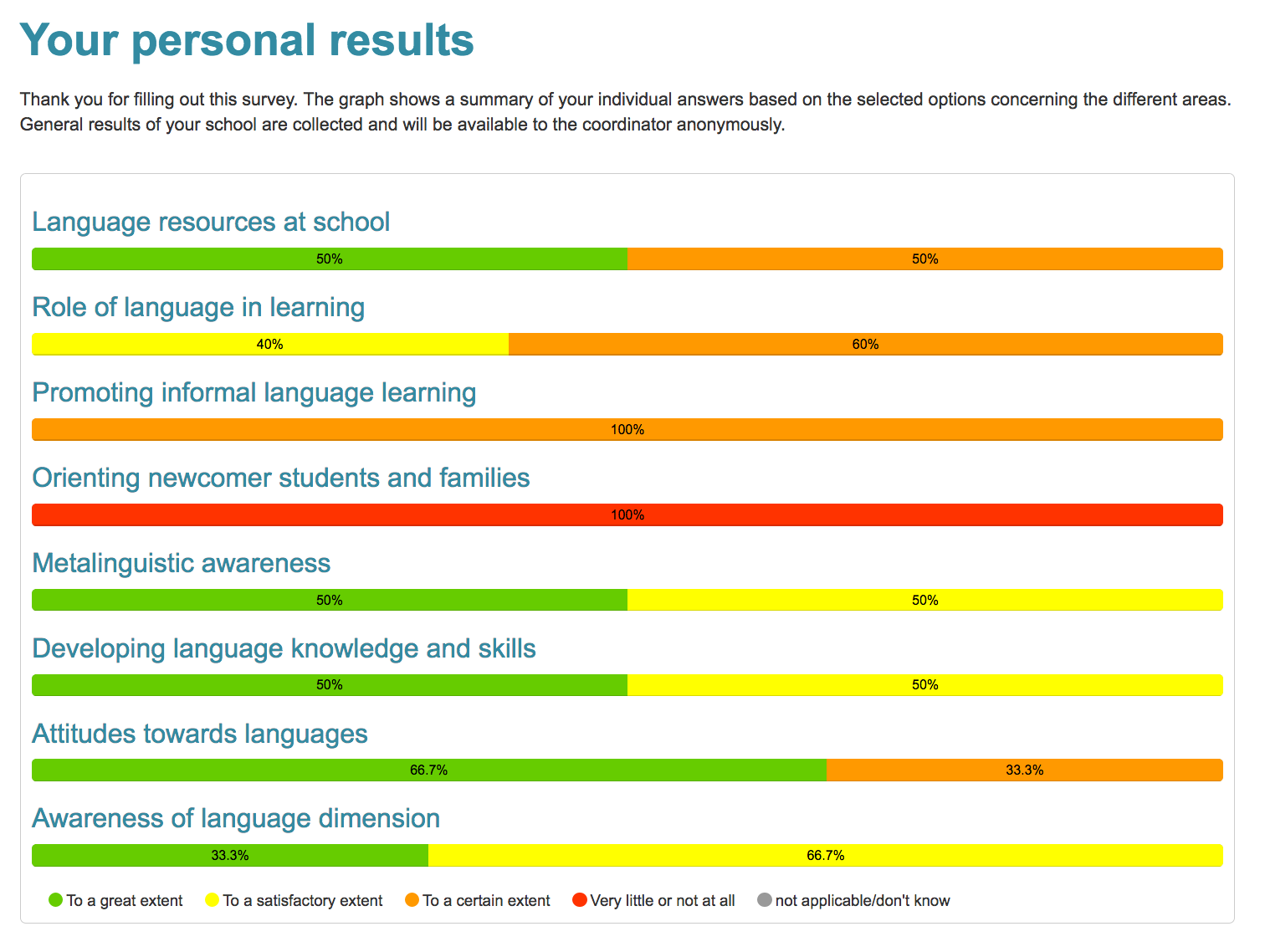
Screenshot 3: Simulation of a teacher's personal results
Schools then receive a report based on the responses from the various stakeholders, highlighting the strengths and levers for progress for the entire school. The results of all the stakeholders are positioned on each axis representing a thematic area, thus allowing to quickly visualize the strengths and levers of progress for the entire school (see screenshot 4 below).
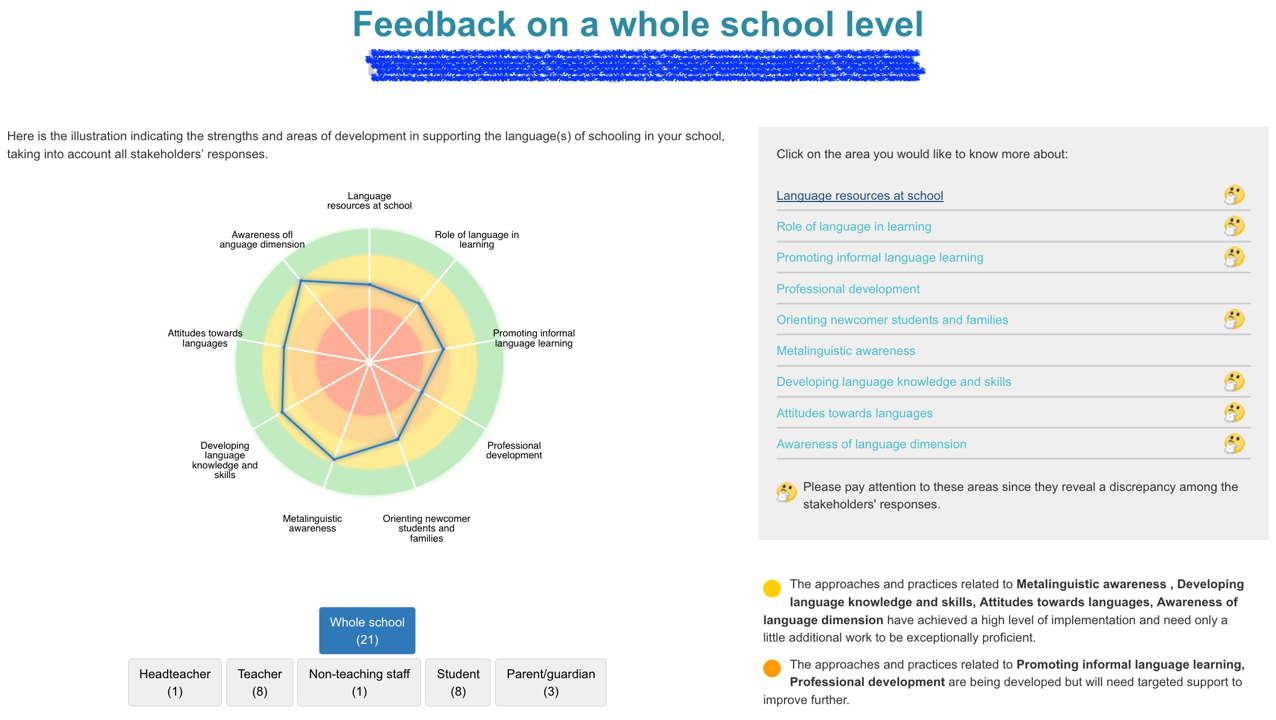
Screenshot 4: Feedback on a whole school level
The school’s attention is drawn to the thematic area(s) for which there is a significant discrepancy between the responses of the various stakeholders: even if the overall result may be positive, the fact that some stakeholders do not agree with the rest of the respondents deserves to be discussed and used as the starting points of the further development of these areas.
Each thematic area can also be analysed in depth, in order to understand the positions of the different stakeholders taken as a whole, the anonymity of the respondents to the questionnaire being absolutely guaranteed (see Screenshot 5 below, which is a detailed feedback related to the thematic area "Language resources at school").
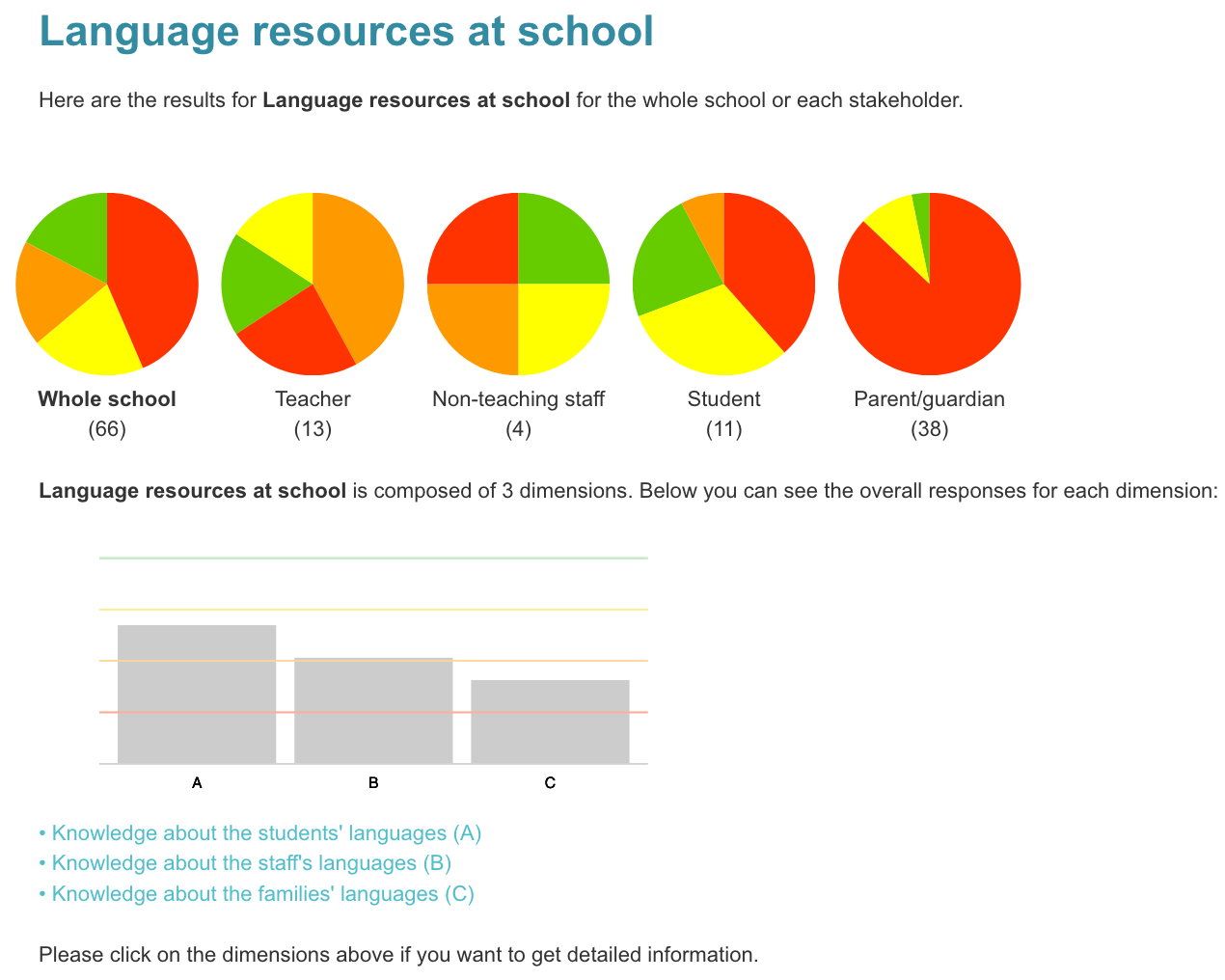
Screenshot 5: Detailed feedback related to the thematic area "Language resources at school"
Finally, inspiring ideas and promising practices will be suggested to promote the dialogue between all the stakeholders, which should facilitate the implementation of actions that meet everyone's expectations.
Prospects for the future
The workshop held in Graz on 15 and 16 November 2018 made it possible to make some further modifications to the tool, in order to improve its user-friendliness, modifications that will be taken into account in the new version under development. The experts have also produced a number of "promising practices" that will be included in the database to provide inspiring ideas. Indeed, the final step on which we will focus throughout 2019 is the development of this database which will make it possible to identify a large number of promising practices not only from current and previous ECML projects, but also highlighting a number of local initiatives or national and international projects.
References
Beacco, J.-C., Fleming, M., Goullier, F., Thürmann, E., & Vollmer, H. (2015). The linguistic dimensions in all school subjects: a handbook for curriculum development and teacher training. Strasbourg: Council of Europe. https://rm.coe.int/09000016806a55b9
Council of Europe (2014). Recommendation CM/Rec(2014)5 of the Committee of Ministers to member states on the importance of language skills for equity and quality in education and educational success (adopted by the Committee of Ministers on 2 April 2014 at the 1196th meeting of the Ministers' Deputies). https://search.coe.int/cm/Pages/result_details.aspx?ObjectID=09000016805c6105
Fleming, M. (2009). Languages of schooling and the right to plurilingual and intercultural education. In Intergovernmental Conference Report. Strasbourg: Council of Europe. https://rm.coe.int/16805a2350
Himmele, P., & Himmele, W. (2009). The language-rich classroom: A research-based framework for teaching English language learners. ASCD.
Vollmer, H. J. (2006). Languages across the curriculum. Preliminary study. Strasbourg: Council of Europe. https://rm.coe.int/CoERMPublicCommonSearchServices/DisplayDCTMContent?documentId=09000016805c7464
06.03.2019
“Roadmap for schools to support the language(s) of schooling”: self-assessment tool for schools and promising practices available in 2019
The expert meeting on 29 and 30 January 2019 enabled the team to discuss the last amendments to be made to the Roadmap, a self-assessment tool for schools to support the language(s) of schooling. Indeed, a certain number of issues were raised when testing the Roadmap but the ECML is fully committed to ensuring that it will function perfectly well as soon as possible. Meanwhile the idea to prepare a printable version of the results came up. With such a document the schools will have the possibility to get their results on a single document, which they can use for example for a meeting of teachers.
A new product called “coordinators’ package” has been added to the project. It includes ready-made PowerPoint presentations, documents addressed to the parents such as letters or consent forms, Word templates, logo and other materials. The package will enable coordinators to apprehend the Roadmap easily and take as much administrative burden as possible off their shoulders.
The technical implementation of the promising practices is planned. Roadmap will be able to show a number of customized promising practices to each school at the results page. The database will also be able to function as a stand-alone product, so that all users can simply consult the promising practices even if they did not use the Roadmap’s self-assessment survey.
The project team: Rebecca Dahm (France, coordinator), Katri Kuukka (Finland),
Selin Öndül Talegon (Switzerland), Nermina Wikström (Sweden)
15.11.2018
“A roadmap for schools to support the language(s) of schooling”: project workshop just launched
The workshop of the project “A roadmap for schools to support the language(s) of schooling” takes place at the ECML on 15-16 November to finalise the project outputs which will be made available in the course of next year.
During the next two days, the project team, the project partner and the project consultant are working together with 36 experts coming from 29 countries.
The programme includes the following main elements:
- working sessions on the language dimension in subjects – placing the theory in local contexts of the participants and on an analysis of the Roadmap according to the different stakeholders;
- collecting and discussing promising practices in the participants contexts, and working on the promising practices database;
- discussing the planned Guide.
*****
This project (2016-2019) focuses specifically on the language(s) of schooling and is intended for schools (primary or secondary) wishing to help all their students to succeed. Within this group the project team takes particular consideration of the students who depend on the school to develop the language of schooling, that is to say the language used for teaching the various school subjects and for the functioning of the schools. The lack of access to this language in a family context, whatever the reasons (a poor socio-economic context, newly arrived children or children from a sign-language environment, etc.), does not enable these students to access knowledge in the same way as the others. Therefore, it is necessary for everybody working in the school to be aware of the situation and to find ways.
The project therefore proposes a “roadmap” which is a digital tool that supports the schools in their reflection on the language(s) of schooling and in the implementation of a strategy they themselves have determined. To achieve this, a self-assessment tool will enable each stakeholder (head teacher, teachers, non-teaching staff, students and parents) to start reflecting upon the situation in their school, by assessing different thematic areas.
Project website (English - French - German): www.ecml.at/roadmapforschools
*****
Key terms
Language(s) of schooling
The language(s) used in teaching the subject. It is the dominant language of instruction in school which is normally the main national or regional language.
Based upon Beacco, J.-C., Fleming, M., Goullier, F., Thürmann, E., & Vollmer, H. (2016). The language dimension in all subjects: a handbook for curriculum development and teacher training. Strasbourg: Council of Europe.
Language dimension of subjects
Language is as much a tool for conceptualizing content and knowledge as it is for expressing oneself accordingly in a rational, “academic” style, based on subject-specific conventions and registers.
Based upon Vollmer, H. J. (2006). Language across the curriculum. Strasbourg : Council of Europe.
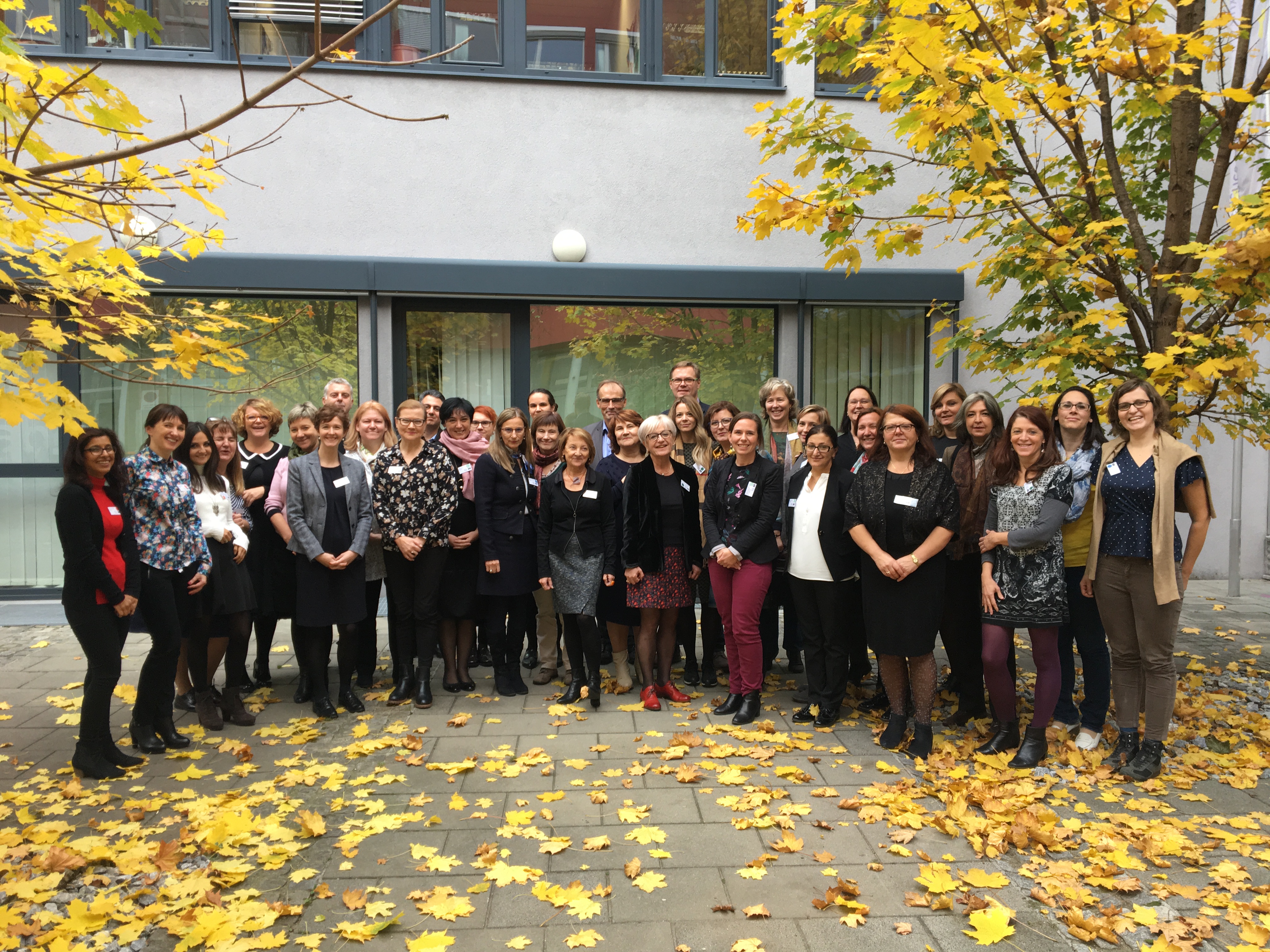
13.06.2018
Just published : Courriel européen des langues – Issue no. 40, the e-magazine of the National Contact point for the ECML in France
The “Courriel européen des langues”, the online magazine which is edited twice a year by the International Centre for Pedagogical Studies (CIEP), has been relaunched with renewed contents and a refreshing layout. The current issue highlights 6 ongoing ECML projects, giving the floor to the project coordinators and a project team member, as well as to teachers in the field. In addition, the National Contact Point for the ECML highlights the new national language strategy in Denmark. Finally, a section presents 11 recent resources (online materials, publications).
The Courriel is disseminated in French on the CIEP website and on its LISEO portal (see dedicated section “Courriel européen des langues”). You can subscribe for free to the Magazine and find the archives here: http://www.ciep.fr/lettres-information/courriel-europeen-langues.
Contents of Issue no. 40 – May 2018 (only available in French):
Focus sur le projet EOL
- EOL – Des environnements d’apprentissage optimisés pour et par les langues
Article de Jonas ERIN, Inspecteur général de l’éducation nationale, coordinateur européen du projet EOL
- Témoignages
- Le projet EOL au collège André Chénier (Carcassonne)
Témoignage d’Émilie Courtejaire, avec la collaboration de Selvi Gras, professeur d’anglais et professeur d’espagnol au collège André Chénier, coordinatrice du projet EOL pour le collège
- Le projet EOL au lycée Les 7 Mares (Maurepas)
Témoignage de Noëlle Sédilot-Gasmi, Professeure d’espagnole et coordinatrice de la discipline, initiatrice et coordinatrice du projet EOL pour le lycée
Autres projets du CELV
- Le projet e-lang - Vers une littératie numérique pour l’enseignement et l’apprentissage des langues
Article de Christian Ollivier, Professeur des universités à l’université de La Réunion, coordinateur du projet e-lang
- La/les langue(s) de scolarisation : une feuille de route pour les établissements scolaires
Article de Rebecca DAHM, Maître de conférences en didactique des langues, ESPE Midi-Pyrénées – Université Toulouse-Jean Jaurès, coordinatrice du projet Langue(s) de scolarisation
- Le projet QualiMatrix dans sa dernière année de développement
Article de Gudrun ERICKSON, University of Gothenburg, Department of Education and Special Education, documentaliste du projet QualiMatrix
Actualités
- Développer la conscience linguistique dans les matières scolaires : appel à contribution pour les enseignants de DNL
- Vers un Cadre européen commun de référence pour les enseignants de langues : trois instruments à l’honneur en 2018
- La Gazette européenne des langues
L’enseignement des langues au Danemark
- Entretien avec Ana Kanareva-Dimitrovska, point de contact national du Danemark
Propos recueillis par Marion Latour et Bernadette Plumelle
Ressources
- À explorer sur internet
- Label européen des langues : EUROBAC
- Écrire en plusieurs langues : dossier réactualisé « Intégrer le numérique en classes de langues »
- Dossier thématique « La mémorisation : Dans quelle mesure le numérique permet-il de créer des situations d’apprentissage efficace ? »
- Audio Lingua : 5 000 fichiers audio en 13 langues
- Radio Garden : écouter en direct toutes les radios nationales, locales ou web du monde
- 7 nouveaux kits eTwinning pour monter un projet eTwinning
- Vient de paraître
25.04.2018
“Roadmap for schools to support the language(s) of schooling”: expert meeting (15-16 March 2018)
The 2-day meeting was a remarkable opportunity for the experts to make progress and finalise the basis of the self-assessment tool, the core element of the Roadmap.
Over two days of intensive work the team critically examined the sentences written for each stakeholder (head teachers, teachers, non-teaching staff, students and parents), taking into account the comments made by the 536 participants of Pilot phase 1. These sentences were harmonised into 32 statements (covering the main ideas), then adapted again into sentences for each stakeholder, whenever relevant.
The team discussed the content and the way the feedback from the self-evaluation tool should be presented, with the help of ECML web-design expert Christian Friedrich. The statements were checked over once more, and nine clusters (grouping several statements) created.
The project is thus advancing very well and the team is satisfied to see that the self-assessment tool is taking shape. This user-friendly, comprehensive tool should give considerable support to schools willing to set up the necessary organisational framework and develop a whole-school a strategy agreed on by all stakeholders, which will promote quality improvement in language-sensitive subject-teaching and in language-sensitive school cultures.
The project team: Rebecca Dahm (France, coordinator), Katri Kuukka (Finland),
Selin Öndül Talegon (Switzerland), Nermina Wikström (Sweden)
12.02.2018
Intense and fruitful exchange of ideas on future developments in language education
The 2-day meeting (6-7 February 2018) at the ECML in Graz, Austria, was an excellent opportunity for the ECML project experts to discuss ongoing project developments with their fellow project coordinators.
They explored synergies between the different projects and exchanged good practice in project methodology. They discussed ongoing work on the development of their products and how to best disseminate the wide range of final results which will be achieved by the end of 2018 and 2019. They reflected on critical success factors to promote the achievements across and at the end of their respective project life cycles, to implement, to mediate, to possibly further develop them and to maximise impact in the various national and individual contexts. Finally they shared initial ideas for both the contents and the structure of the next ECML programme (2020-2023). They also highlighted the added value, both professional and personal, of coordinating ECML projects, seeing this as an opportunity to bridge policy, research and practice and contribute to making a real difference to quality language education in Europe.
Impressions of the meeting (photo gallery on Facebook)
Current ECML programme of activities 2016-2019: "Languages at the heart of learning"
16.01.2018
A roadmap for schools to support the language(s) of schooling: Capitalising on the past … to build the future
The best way to help learners improve their knowledge of the languages of schooling is to develop a whole-school language strategy. This is the aim of the ECML project entitled "A roadmap for schools to support the language(s) of schooling". To develop such a strategy, it is essential to identify the language challenges specific to the school and to involve all stakeholders to agree on appropriate solutions. We therefore devoted the year 2017 to the development of a self-assessment tool, adaptable to the different needs of the learning community. Our aim for 2018 is to pilot this tool and to identify and share examples of promising practices and inspire schools to develop their own strategies and find ways to implement them.
The European Centre for Modern Languages (ECML) attaches great importance to the development of competences in the languages of schooling and its 2012-2015 programme "Learning through Languages" has produced a wide range of resources in this field. Our objective is to highlight these - to capitalise on the past to build a better future. We invite you to explore the most relevant resources:
Pluriliteracies
PlurCur
Language Descriptors
MALEDIVE
EduCoMigrant
Parents
Moreover, in its current programme entitled "Languages at the heart of learning", other tools related to the languages of schooling are being developed. As we move forward with our project in 2018, we plan to create a website that will guide users to these tools and other related resources, building a bank of easily accessible materials.
Project website
09.01.2018
A roadmap for schools to support the language(s) of schooling: Network meeting (22-23 November 2017)
The project’s network meeting on the “Roadmap for schools to support language(s) of schooling” was held on the 22nd and 23rd of November 2017 at the ECML headquarters in Graz. After an introduction by Ms Sarah Breslin, director of the ECML, and a presentation by the team members so as to enable the participants to understand the rationale behind the project, intense and dedicated group work and discussions took place which contributed to the successful completion of the meeting’s goals.
The sixteen participants from twelve different countries examined the Roadmap criteria in depth, discussed their relevance and reorganised them according to the following thematic fields: School language strategy, Organisational framework, Linguistically-responsive pedagogy and Language-sensitive school culture. The team then successfully facilitated the various approaches of the participants to reflect and rephrase the statements from the point of view of the different stakeholders: headteachers, teachers, learners, non-teaching staff and parents. Even though the wider community is an important stakeholder, the participants considered it unpractical to submit the self-assessment tool to them; therefore, questions will be set up for the other stakeholders to take them into account. The participants provided high-quality contributions during the meeting and were exceptionally efficient in providing the team with a new set of essential statements.
The team will now ensure that the statements are written in a clear, objective and accessible manner so as to finalise a user-friendly self-assessment tool. A Google group and Drive folder was set up in order to facilitate further involvement of the experts, at their request. A first piloting phase testing the statements among the Network experts will take place between 20 December 2017 and 8 March 2018 so as to have a fully functioning self-assessment tool before the next expert meeting.
It was an immense honour and pleasure to be able to build up the founding steps of the Roadmap with such a fully committed and hard-working group of professional participants.
Project website
11.09.2017
Launch of project "A roadmap for schools to support language(s) of schooling"
“A detailed plan to guide progress toward a goal”: Merriam-Webster’s on-line definition of a roadmap gives the exact purpose of the new ECML project A roadmap for schools to support language(s) of schooling. The project aims at supporting schools to develop their own strategy regarding languages of schooling, which assures the efficiency in enhancing students’ academic language skills and developing a language-aware school culture. A roadmap for schools to support language(s) of schooling will offer a user-friendly self-assessment tool – the Roadmap - to investigate the school’s strengths and areas to be developed regarding language dimension across all subjects and settings. It will also enable schools to deepen their understanding of the national/regional curricular aims to academic language and literacy skills and assist them in affirming and improving language-sensitive teaching across all subjects. The Roadmap has a holistic approach which emphasizes the roles of both school-leaders’ and teaching/non-teaching staff in building and implementing a strategy for languages of schooling. The project offers also examples of classroom interventions and collaboration among teachers, and examples of ways to involve non-teaching staff, parents and the wider community. A roadmap for schools to support language(s) of schooling supports and completes the other ECML projects, such as Developing language awareness in subject classes, and EOL-Matrix.
The project team had its first on-line meeting in late December 2016. The first face-to-face meeting was held in Graz at the end of March 2017. During two working days, the team discussed the goals and the stakeholders of the project, deepened the mutual understanding of the key concepts, planned the 2017-2018 timetable, and started identifying the areas to be assessed. We hope to be able to complete the set of criteria for the self-assessment tool with the help of the associate partners, by the end of September 2017, before the first workshop in the autumn of 2017. This workshop will gather stakeholders interested in the project and will enable them to discuss the proposed criteria, so that we can finalise a tool corresponding to their needs, to help them develop the linguistic and critical thinking skills ALL learners need and ensure an improved school success.